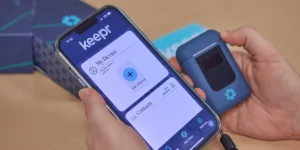
Do You Get Your License Back if Your DUI Case is Dismissed?
A dismissed DUI case does not guarantee your license will be reinstated. Learn how to take control of the DMV hearing process. Key Takeaways: Are you wondering why your driver’s license is still suspended, even after your DUI case was...








